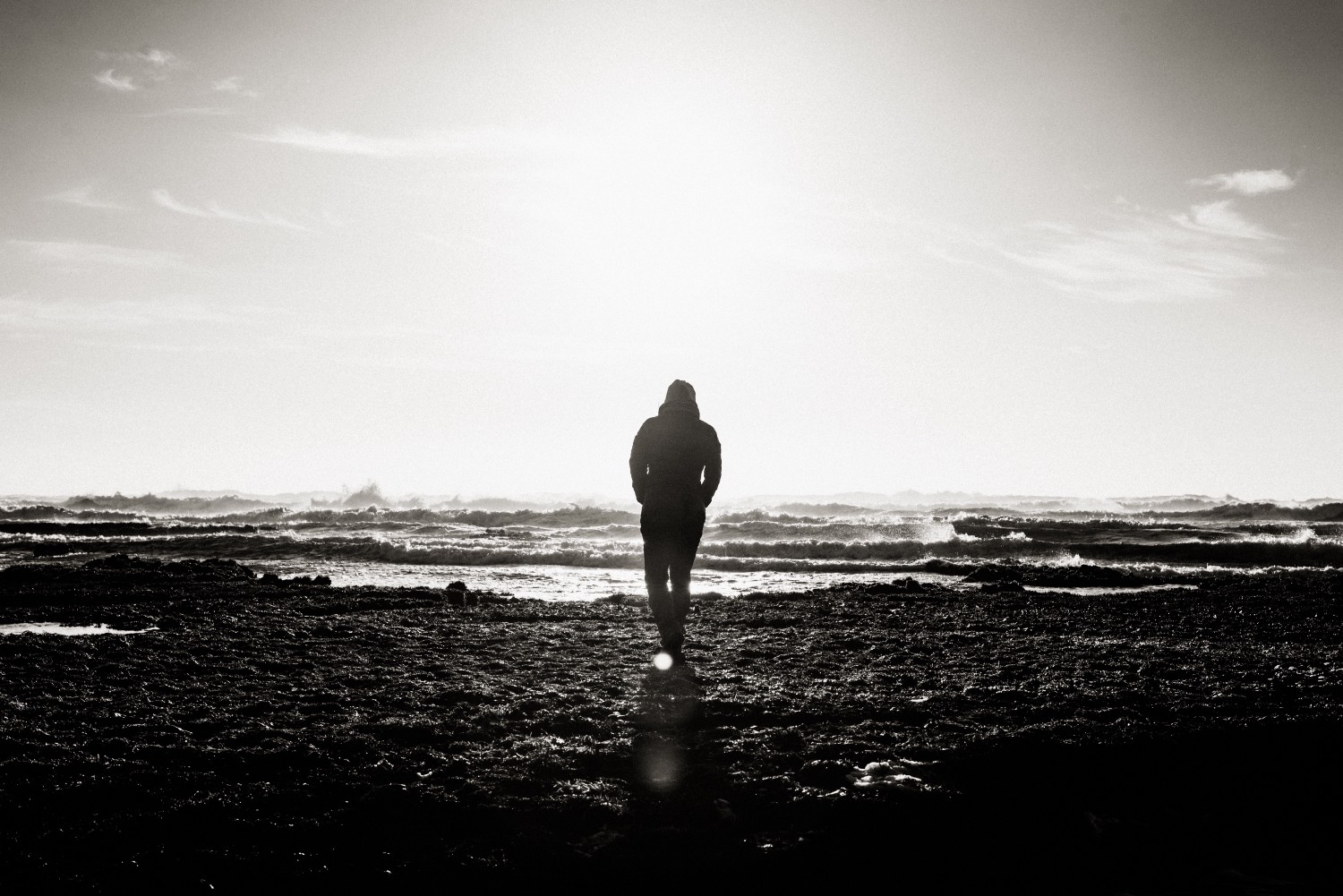We’ve all heard that death is scary: It’s the big unknown, the only thing that’s certain except for taxes. And Trump tweeting. But according to an intriguing new study, people actually feel pretty good about their last days.
In a paper published in Psychological Science, researchers analyzed the language used in the blogs of terminal cancer patients and the poetry and last words of death row inmates. They found that both groups used more positive words, fewer negative words, or both compared to the writing samples created by experiment participants who were asked to imagine what it would be like to be facing deadly illness or capital punishment.
What’s especially interesting: the closer cancer patients came to death, the more positive their language became — largely due, the results indicate, to the meaning-making found in close relationships and religion.
“Death is inevitable, but dread is not,” writes the research team, lead by Amelia Goranson, a graduate student at the University of North Carolina. Citing Atul Gawande’s Being Mortal: Medicine and What Matters in the End, she and her colleagues note that today, the medical system is mostly organized around trying to avoid death, since it’s viewed as such a terrible tragedy.
It’s a focus that’s understandable with the way our culture talks about death, but these results suggests that death is more positive than people tend to expect. “Meeting the grim reaper may not be as grim it seems,” they write.
Originally published at medium.com


